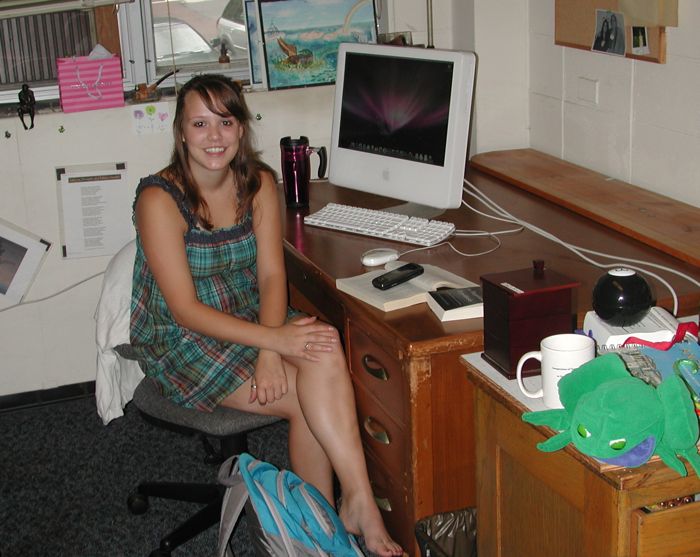Serendip is an independent site partnering with faculty at multiple colleges and universities around the world. Happy exploring!
Reply to comment

Emergent Pedagogy II
Brain, Education, Mental Health |
||
 |
During the summer of 2009, Paul Grobstein, Wil Franklin, Brie Stark, and Emily Lovejoy will be thinking about science education, education, the brain, and mental health and trying out ideas in a summer institute program with K-12 teachers. These pages (see updated list) are a place for ongoing thinking by the four of them, and any one else interested. To contribute your thoughts, use the forum entry form at the bottom of this and other pages. Postings will be checked to prevent spam and so may be delayed in appearing.
|
 |
Background reading for the second conversation:
"Education as life itself: freedom, integration, and beyond"
(a manuscript in progress by Alice Lesnick and Paul Grobstein
Excerpts from draft introduction
Education either functions as an instrument which is used to facilitate integration of the younger generation into the logic of the present system and bring about conformity or it becomes the practice of freedom … Paolo Freire
Education is not preparation for life; education is life itself ... John Dewey
Teachers and educational scholars are accustomed to dichotomies in the theory and practice of education: between content and process, between coverage and open-ended inquiry, between skill development and individual creativity, and between order and disarray. And teachers, at least, often deal with such dichotomies by a “some of both” approach, by a series of semi-independent balancing acts in which the balance in any given situation is a function of local circumstances and taste, and often somewhat strained. Perhaps though these dichotomies are all facets of a single underlying more general opposition, the one about which Freire wrote: an opposition between “integration” and “freedom.” And perhaps there is a way to conceive and enact education that doesn't inevitably set integration and freedom in opposition.
......
An understanding of "life itself" as an ongoing process of change formed and informed by biology and culture provides a way to see these apparently conflicting interests as instead necessarily and inextricably intertwined in a mutually supportive way. It also points directions for changes in educational practice that would help achieve a more coherent, useful, and broadly-based picture of education to guide policy and practice. In particular, we suggest that creating and sustaining abundant, flexible connections and exchanges between the classroom and the world at all levels of the educational enterprise promises to help people -- as living beings, biological and cultural -- to themselves pursue integration and freedom in tandem, in ways that do not involve sacrifice of either one for the other.
......
Our business, at all levels of the educational enterprise, should be not to prepare students for particular challenges that we anticipate, either at other levels of the educational system or in the "real world," but rather to enhance their abilities to respond creatively and productively to all challenges, including the inevitable unknown ones.
Some initial reactions:
Further discussion on on-line forum below ...


